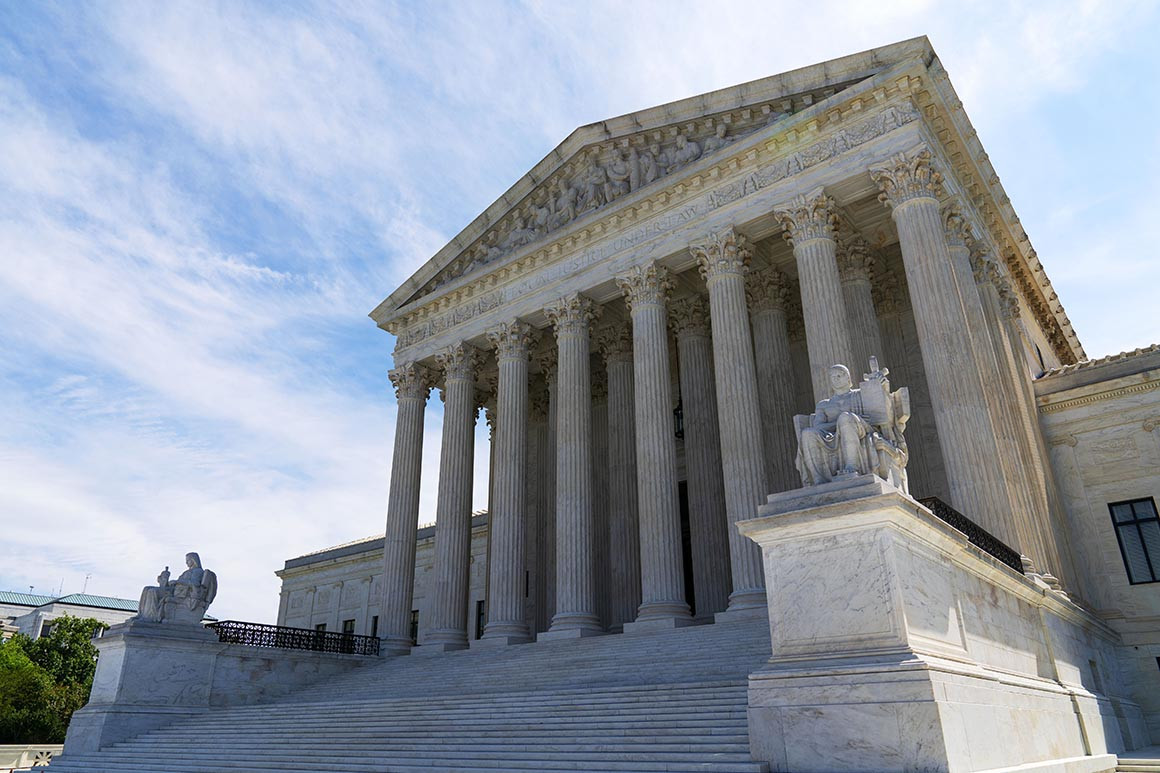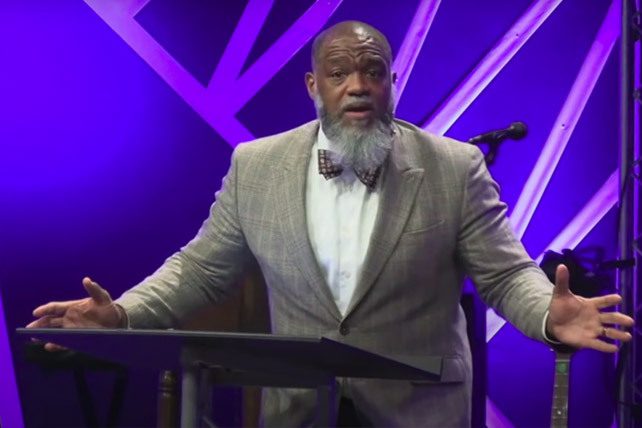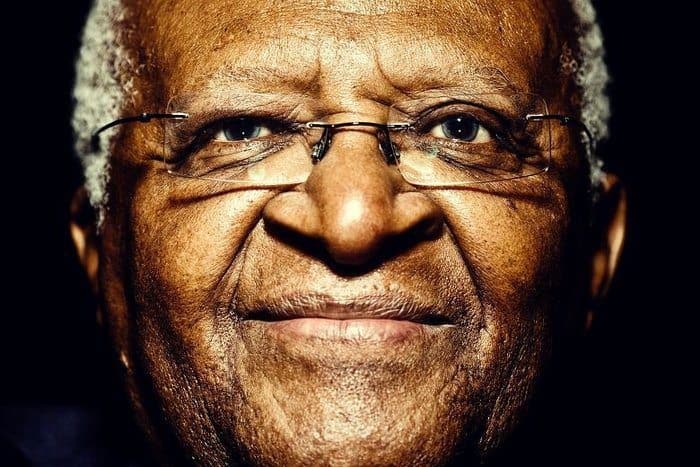Supreme Court Of The United States May Overturn Roe v. Wade Framework On Abortion
Supreme Court Of The United States May Overturn Roe v. Wade Framework On Abortion
SCOTUS May Overturn Roe v. Wade Framework On Abortion
SCOTUS Chief Justice, John Roberts is searching for a compromise to preserve some basic right to abortion while moving it earlier in pregnancy, perhaps as early as 15 weeks. But based on today’s oral argument, it seems unlikely that any of the other justices is interested. Justice Brett Kavanaugh, in particular, seemed to telegraph a willingness to overturn Roe v. Wade altogether.
In today’s historic oral argument about the Mississippi ban, the court’s liberals predictably emphasized the value of the following precedent and hence not overturning Roe. The hardline conservatives made it clear that they do not like the “undue burden” on abortion standard that the court articulated in Casey v. Planned Parenthood (thus Justice Neil Gorsuch) — and that the viability line doesn’t make much sense if the fetus has an interest in life (per Justice Samuel Alito).
ALSO, READ Pro-Life Supporters Sue Abortion Doctor In Attempt to Overturn Texas Heartbeat Ban
The potential swing voters, Justices Brett Kavanaugh and Amy Coney Barrett seemed pretty set on making history by overturning Roe. Neither engaged Roberts’s hints about compromise. Kavanaugh asked Mississippi’s lawyer to clarify that the state was not arguing for a constitutional ban on abortion but merely saying that abortion law should be left to the states. Barrett asked the state’s lawyer whether upholding the Mississippi law would threaten rights to contraception or same-sex marriage.
Both lines of questioning make sense primarily as part of an effort by Kavanaugh and Barrett to prepare the ground to overturn Roe while reassuring the public that the only effect would be to make abortion unavailable in certain states, not to undercut the court’s jurisprudence or other fundamental rights more broadly.
Kavanaugh then went further, suggesting that the court should be “scrupulously neutral” with respect to abortion rights, hence allowing states to adopt whatever laws they might choose. He reasoned that, given that different people have different ways of balancing the interests of the fetus and the mother, the court should stand back and let each state decide.
And he suggested that mistaken precedents should be overturned, invoking Brown v. Board of Education, which overturned the separate-but-equal principle of Plessy v. Ferguson. Barrett was more restrained but said nothing that would give hope to Roberts — or to supporters of the right to choose.
Roberts began with a comment about viability. He noted that the issue was not part of the initial oral arguments in the Roe v. Wade case. And he added that Justice Harry Blackmun, who famously introduced the viability framework when he wrote the majority opinion in Roe, later said that he considered viability not to be part of the holding of Roe, but to be dicta — nonbinding judicial speculation.
ALSO, READ Supreme Court to Hear Roe v. Wade Blockbuster Challenge On Dec. 1 2021
From there, Roberts made his gambit more explicit in the form of a question to the lawyer representing Mississippi’s sole functioning abortion clinic. He asked, 1 “If you think that the issue is one of choice … viability, it seems to me, doesn’t have anything to do with choice. If it really is an issue about choice, why is 15 weeks not enough time?”
To decode what Roberts was getting at, you have to understand that the Mississippi law, which prohibits abortion after 15 weeks, clearly violates Roe’s viability rule. Viability is ordinarily treated in the law as occurring at around 23-24 weeks gestation.
Roberts was hinting that, if the core of Roe v. Wade is a woman’s right to choose whether to have an abortion, but Roe allows the state to restrict abortion at some point in pregnancy, then there is no particular reason to treat viability as the cutoff.
SCOTUS May Overturn Roe v. Wade Framework On Abortion
According to Roberts’s implicit theory, the justices could vote to uphold the Mississippi law while simultaneously saying that they were not overturning Roe v. Wade. They could hold that, properly interpreted, Roe allows states to restrict abortion at some point — so long as they allow women “enough time” to end their pregnancies.
What would count as enough time? Here Roberts could, if he could get another conservative justice on board, rely on the Casey decision, which said that the government may not impose an “undue burden” on the right to abortion. The words “undue burden” could be said, on this view, to represent a sliding scale.
ALSO, READ Supreme Court Confirms Dates For Mississippi Abortion Case Hearing
If the court took up Roberts’s invitation, it would not need to say at how many weeks’ gestation abortion would have to be allowed. It could say only that there must be enough time that the woman’s right is not unduly burdened. Such a conclusion would presumably still rule out the so-called fetal heartbeat laws — like the one passed by the Texas legislature — that ban abortion at six weeks’ gestation.
ALSO, READ House Will Try To Overturn Texas Abortion Ban Into Law – Pelosi
Roberts has long signaled that he wants to restrict abortion rights but also does not want the Supreme Court to arouse the potential backlash and loss of legitimacy that would come with overturning Roe. But he can’t get there on his own. To control the outcome in the case, his decision would have to be necessary to the holding. That means that if the five other conservatives all vote to overturn Roe, an opinion by him proposing to move back the viability line to uphold the law would be a concurrence, not a controlling opinion.
In other words, Roberts needs one conservative to say Roe should be upheld and reinterpreted. Based on today’s oral argument, that seems even more unlikely than it did before.















